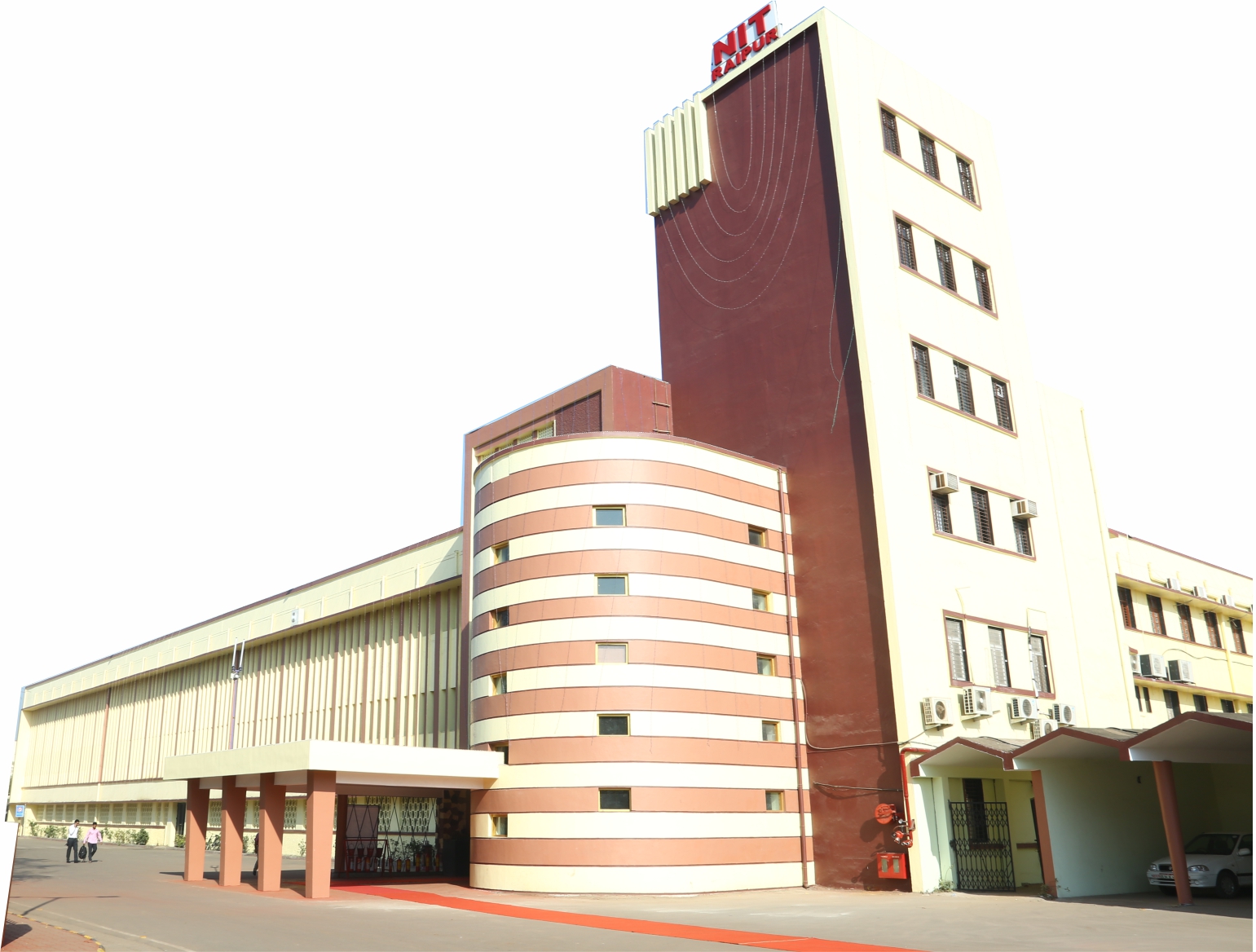METAL-2025 fosters cooperation and creativity in this modern era of growing
technology.
This conference intends to make it easier for researchers, academicians, students,
and
industry professionals to share new concepts, research findings, and best practices
in
mechanical engineering technology and advanced learning.
The objective of the conference is to facilitate communication between academics and
business leaders to discover shared problems and investigate prospects for
technology
transfer, commercialization, and consulting partnerships. METAL-2025 will assist
students,
early-career researchers, and young professionals in developing their skills in
cutting-edge
mechanical engineering technologies by providing them with opportunities to network
with
industry veterans, gain insight into emerging trends and opportunities, and learn
from the
experiences of thoughtful industrial leaders.
Encourage and highlight innovative research and development initiatives that are
working to
push the boundaries of mechanical engineering technology, such as improved metal
forming,
energy efficient systems, material characterization, advanced metal forming,
composite and
polymer manufacturing, intermetallics, future generation materials, laser based
manufacturing, high-energy beam processing, sub-scale simulations, computational
mechanics, smart material, super alloys, aerodynamics, heat and mass transfer,
combustion,
propulsion, fire dynamics, refrigeration and air conditioning, sensors and
transducers,
turbulent flows, reactive flows, numerical heat transfer, phase change materials,
micro- and
nano-scale transport, multi-phase flows, nuclear and space applications, flexible
manufacturing technology, non-traditional machining processes, structural strength
and
robustness, vibration, noise analysis and control, tribology, robotics and
automation,
renewable energy, hydrogen energy, climate study and sustainability, zero carbon,
artificial
intelligence, machine learning and neural networks.
ABOUT METAL-2025
Welcome to METAL-2025
Important Dates
Submission Start Date
1st May 2025
Full length Paper Submission
25th November 2025
Conference Date
5th & 6th December 2025
Early Bird Registration
20th November 2025
1st May 2025
Full length Paper Submission
25th November 2025
Conference Date
5th & 6th December 2025
Early Bird Registration
20th November 2025
About the Institute

National Institute of Technology Raipur situated in the capital of
Chhattisgarh, has proven to be "avant-grade' in the field of
science and technology over past few decades in this region. With sweet memory of
foundation ceremony by our president Hon'ble Dr. Rajendra Prasad on 14th September
1956. The institute started with two Departments namely Metallurgical and Mining
Engineering. From 1st December 2005, the institute has become the National Institute
of Technology. The institute secured 71st Rank in the
NIRF-2024 under Engineering category.
About Department of Mechanical Engineering
The Department of Mechanical Engineering is one of the oldest and premier branches
of the institute. Established in 1958, the Department offers
B. Tech. in Mechanical Engineering and three Post-graduate
(M. Tech.) programs in Thermal Engineering, Machine
design and Industrial Engineering & Management,
respectively. The department also offers Ph.D. program in all the
relevant specializations of the Department. It is one of the largest and the only
department in the institute with both the UG and the
PG programs duly accredited by NBA.